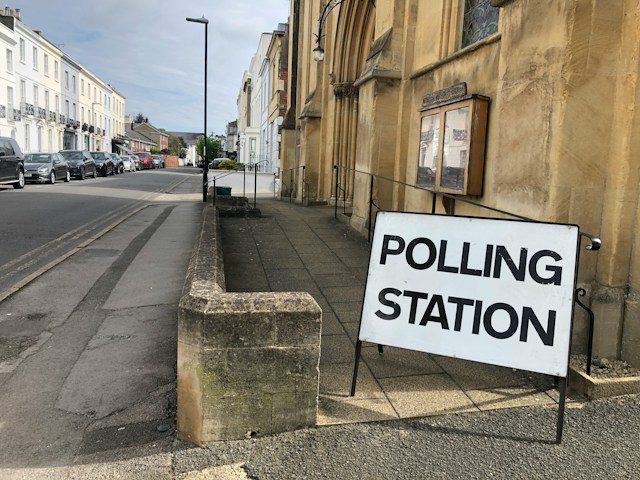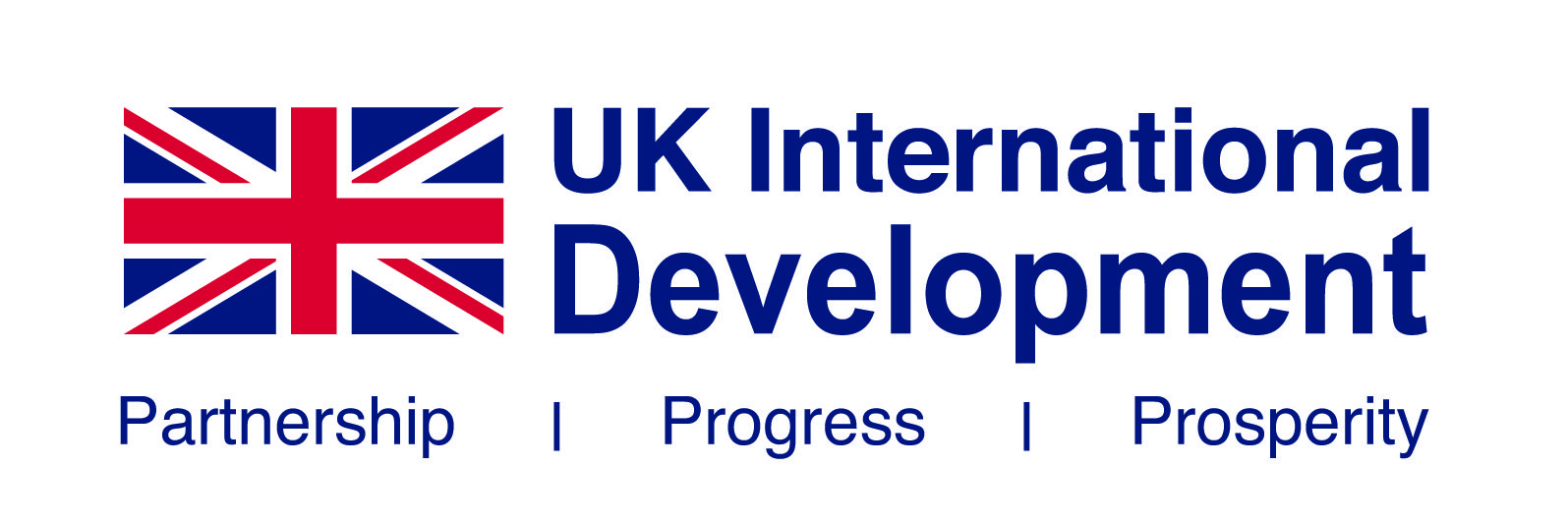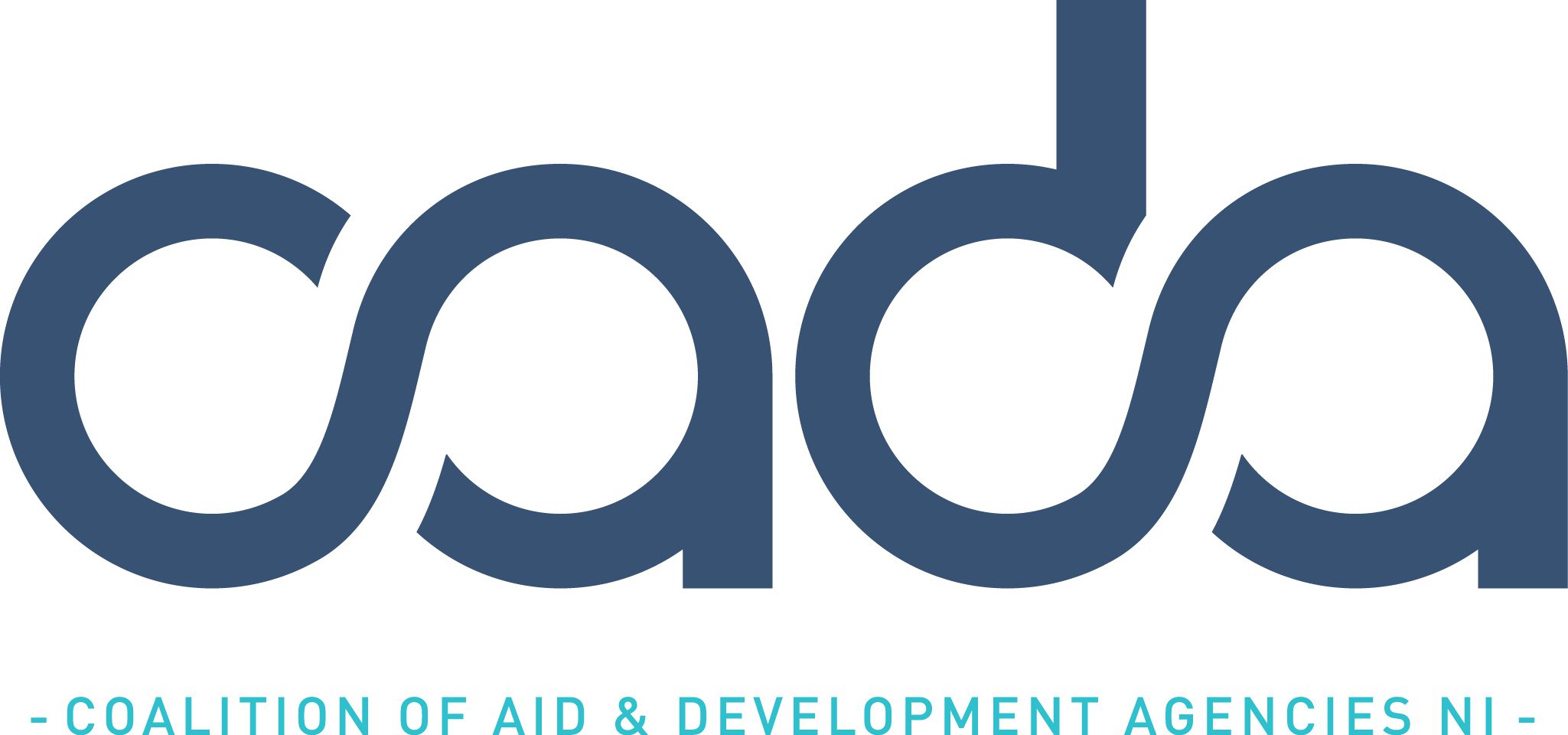2 February 2024
Campaigning in the General Election – What Do SWIDN Members Need to Know?

Many of us have kicked off 2024 with a sense of political anticipation. With politics usually so unpredictable, we do know that there will be a General Election in the next 12 months, with the latest possible date being 25 January 2025. The Political Parties, Elections and Referendums (PPERA) Act 2000 considers the 12 months preceding a General Election as a regulated period of political activity, in which charities must take extra care to ensure political neutrality. Since the latest possible date for the UK Election is now less than 365 days away, we are now in the regulated period. If a snap election is called before 25 January 2025, the 365 days preceding the election date will be considered the regulated period.
Political advocacy is a vital part of the work of civil society and SWIDN want to resource and support our members with over the next year. Since the last General Election, there have been legal changes on electoral campaigning that may impact some of our members, so SWIDN have put together a brief summary below highlighting these changes and their implications.
For all of our registered charity members, it’s important to understand the legal requirements for charities that are stipulated by the Charity Commission in their CC9 section which has been updated since the last General Election, and may be again this year – watch out for it if so. You can find it here. (We have lifted all text in bold directly from the Charity Commission Guidance.) You may also find the Checklist in Section 8 useful.
- To be a charity, an organisation must be established for charitable purposes only, which are for the public benefit. An organisation will not be charitable if its purposes are political. Political campaigning, or political activity, as defined in this guidance, must be undertaken by a charity only in the context of supporting the delivery of its charitable purposes. Political campaigning is a vital part of civil society and the Charity Commission encourage democratic participation in political campaigning from registered UK charities. Charities can campaign for a change in the law, policy or related decisions, but must ensure that electoral laws are observed. Section 3 here answers some key questions on what appropriate and legal campaigning by charities must look like.
- In the political arena, a charity must stress its independence and ensure that any involvement it has with political parties is balanced. A charity must not give support or funding to a political party, nor to a candidate or politician. Balance can be evidenced by ensuring you invite representatives from across the political spectrum to engage with your organisation. You may want to include a clause in your Code of Conduct which guides your team on political communication via email or social media. Section 4.1 of the Charity Commission Guidelines provides further guidance on working with parties, politicians and independent candidates.
- When campaigning, charity trustees must comply not only with charity law, but other civil and criminal laws that may apply. Where applicable they should also comply with the Code of the Advertising Standards Authority, including the Advertising Standards Authority (ASA) Code and potentially the Broadcast Committee of Advertising Practice (BCAP) where this applies. Including your activities in your Risk Register can support you to monitor these. See Section 6.1 for more information.
- The Charity Commission guidance refers to the activities of UK-registered charities both in the UK and abroad.
For some of our members, it may be necessary to register with the Electoral Commission as a non-party campaigner. The Electoral Commission are responsible for regulating compliance with rules on political campaigning. If you are planning to campaign in the run up to the General Election, you will need to consider if this applies to you. A non-party campaigner can be a registered charity or company, another type of organisation, a faith group, or an individual. The decision of whether you need to register is based on your own assessment of your planned campaign activities as well as the amount of money you spend on these activities. You can read the Electoral Guidance here, as well as some case studies to support your decision-making here.
You will need to register as a non-party campaigner if any of the following apply:
- Your campaign activities pass the ‘Purpose Test’ or the “Public test’ and are therefore considered ‘regulated campaigning activities’. The Electoral Commission give guidance on both of these tests here.
- You’re planning to spend more than the £10,000 ‘notification threshold’ on campaign activities
You won’t need to register if any of the following three apply:
- You’re not spending money on regulated campaigning activities
- You’re planning to spend less than the £10,000 notification threshold on campaigning activities;
- Your campaign activities are outside the regulated period.
The other relevant change in law relates to campaign spending. The Elections Act 2022 changed when and how a charity needs to report on campaign spending. Any organisation can spend up to £700 on regulated activity without having to register with the Electoral Commission. If you are registered as a non-party campaigner, you will need to keep track of all funds spent on political campaigning within the regulated period. If you spend more than the ‘reporting threshold’ of £20,000 in England, you must record and report your spending and donations to the Electoral Commission. This is known as ‘controlled expenditure’ and it will need to meet the spending limits under the PPERA Act 2000 and be authorised by the responsible person registered with the Electoral Commission. In England, the spending limit is £586,548. You can find out more information here.
If you’re planning advocacy activities in anticipation of the UK General Election and would like to chat to SWIDN about how we can support you, please get in touch with Hannah via hannah@swidn.org.uk. We’d love to hear from you.










